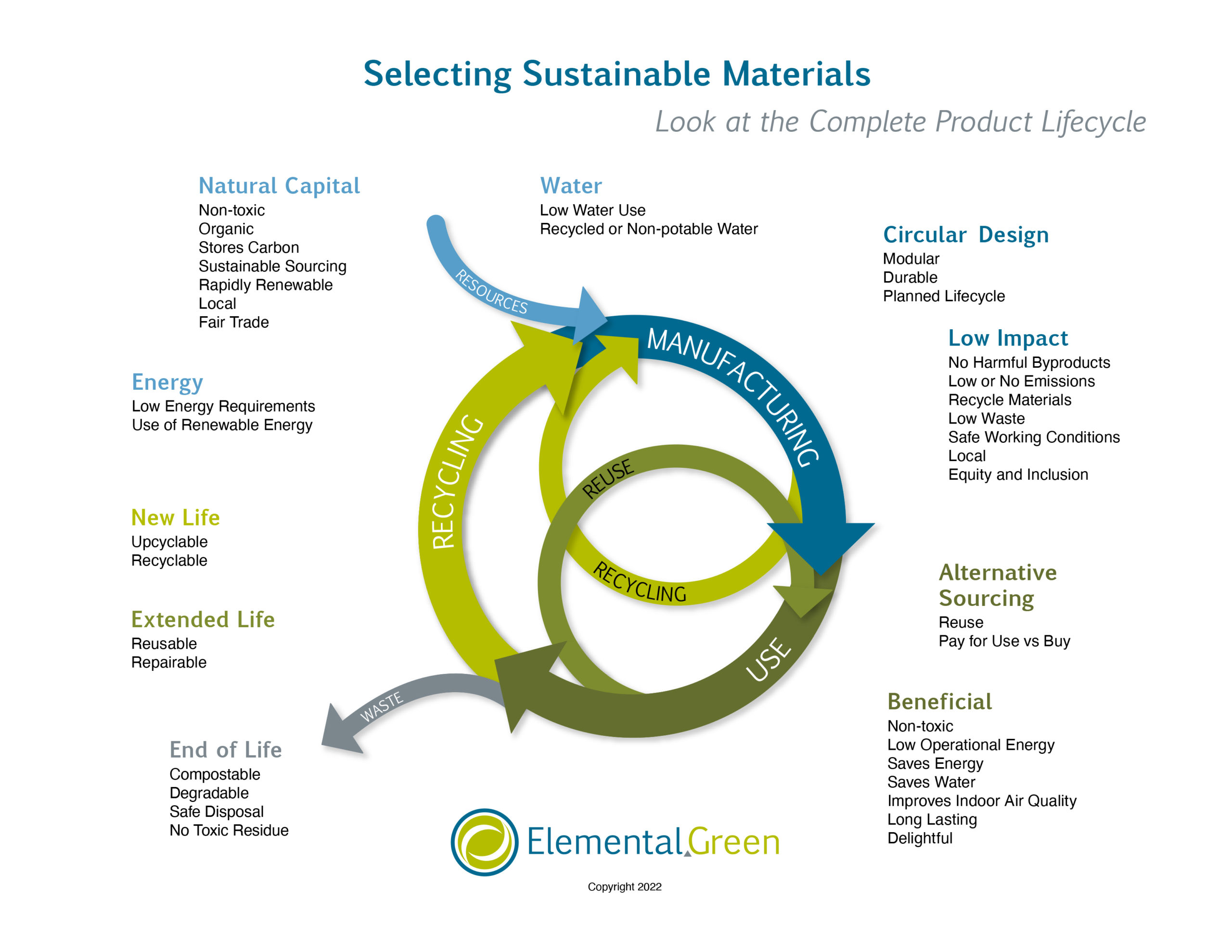
Navigating the Landscape of Sustainable Modules
Sustainability has become a pivotal consideration in various industries, and the selection of sustainable modules is crucial for businesses aiming to reduce their environmental impact. In this article, we delve into the key factors and considerations for choosing sustainable modules in today’s dynamic market.
Understanding the Importance of Sustainability
Sustainability is not just a buzzword; it’s a fundamental aspect of responsible business practices. Choosing sustainable modules contributes to a company’s commitment to environmental stewardship. By opting for eco-friendly solutions, businesses can align with global sustainability goals and enhance their corporate social responsibility.
Assessing Material and Manufacturing Processes
The materials used in module production and the manufacturing processes employed play a significant role in determining sustainability. Opt for modules made from renewable or recycled materials. Additionally, consider manufacturers that utilize energy-efficient and environmentally friendly production methods. Understanding the lifecycle of the modules ensures a holistic view of their environmental impact.
Energy Efficiency as a Key Criterion
One of the primary advantages of sustainable modules is their energy efficiency. Energy-efficient modules not only contribute to cost savings but also reduce the overall carbon footprint. Look for modules with advanced energy-saving features and certifications, ensuring that your choice aligns with energy efficiency standards and regulations.
Evaluating Long-Term Durability and Performance
Sustainable modules should not only be environmentally friendly but also durable and high-performing. Assess the longevity and reliability of the modules, as products with longer lifespans require fewer replacements, minimizing waste. Prioritize modules that offer consistent performance over an extended period, delivering value for both your business and the environment.
Certifications and Standards for Sustainability
To make informed decisions, consider modules with recognized sustainability certifications and adhere to industry standards. Certifications such as ISO 14001 for environmental management and product-specific eco-labels indicate a commitment to sustainable practices. These certifications provide a level of assurance regarding the environmental credentials of the modules.
The Role of Technology in Sustainability
Advancements in technology play a pivotal role in enhancing the sustainability of modules. Explore modules that incorporate innovative technologies to optimize energy consumption, improve efficiency, and minimize environmental impact. Keeping abreast of technological trends ensures that your chosen modules align with the latest sustainable practices.
How to Select Sustainable Modules: A Comprehensive Guide
For a more in-depth understanding of the selection process, check out How to Select Sustainable Modules. This comprehensive guide offers valuable insights, tips, and resources to assist businesses in making environmentally conscious choices when it comes to selecting sustainable modules.
Cost Considerations and Return on Investment
While sustainability is a priority, businesses must also consider the financial aspect. Evaluate the upfront costs, potential savings through energy efficiency, and the long-term return on investment. Sustainable modules that strike a balance between environmental benefits and cost-effectiveness are ideal for businesses aiming for both financial and ecological sustainability.
Supplier Engagement and Supply Chain Transparency
Sustainability extends beyond the product itself; it involves the entire supply chain. Engage with suppliers who share your commitment to sustainability. Transparent supply chains allow businesses to trace the origin of materials, ensuring that the modules meet ethical and environmental standards throughout the production process.
Employee Awareness and Training
Implementing sustainable modules successfully requires the support and understanding of your workforce. Create awareness among employees about the environmental benefits of the selected modules and provide training on optimizing their use. Employee engagement fosters a culture of sustainability within the organization.
Conclusion
Selecting sustainable modules is a strategic decision that goes beyond immediate operational concerns. It reflects a commitment to environmental responsibility and positions a business as a conscientious player in the market. By considering the factors mentioned above and referring to the comprehensive guide provided, businesses can navigate the landscape of sustainable modules with confidence, making choices that benefit both their operations and the planet.










